Kyle Brewington | My Osteosarcoma Journey
Kyle, a childhood osteosarcoma survivor and cancer community advocate, discusses his cancer journey. Read on to learn more about his path in life after childhood cancer and why he chose to join Count Me In, a patient-partnered cancer research initiative.
What is your cancer diagnosis story?
Kyle: In June 2006, I visited the doctor to get the health physical I needed to play sports at my new high school. The doctors noticed a big knot on my knee, telling me “You need to go to the hospital.” They sent me to a children’s hospital near St. Louis, Missouri. My physical was on Wednesday and by Monday I was getting my port placed to start chemo. Very quick process.
At only 13 years old, I was diagnosed with Stage 1 osteosarcoma. I was very lucky since unlike many kids diagnosed with osteosarcoma, I didn’t have any metastasis. Once osteosarcoma travels to your lungs, it’s very hard to survive. But they found my cancer before it traveled anywhere, so I had a much better prognosis.
From 2006 to 2016, I had no more tumors. I graduated from high school in 2010 and started college, which was a bit of a struggle for me. I had the same problems as your typical kid, I didn’t study as much as I should have. But chemo brain also affected my ability to focus and memorize, so I spent more time in school. I was almost done with my degree by 2016 when I found another bump growing in the same spot on my knee.
The oncologists said it was very unlikely that my cancer would come back in the same spot due to my prior bone graft removing all cancerous bone. But they decided to do more tests, and eventually another biopsy. Around Thanksgiving 2016, I was told I had another cancerous tumor in the same spot as the first one.
I started chemo again almost immediately. In March 2017, I went for surgery to remove the bone in my leg completely. I received an endo prosthetic, which is a prosthetic leg that is wrapped in your own skin. It goes all the way from my knee down to my ankle. After that surgery, they stopped my chemo. With the leg bone removed, the source of the cancer should’ve been gone.
In 2018, I was on a trip to Thailand with some friends and noticed another little bump in my skin. I showed my oncologist, who thought it was fatty tissue or a cyst of some sort. They took it out anyway, and it turned out to be osteosarcoma again. When surgery happens, there’s always a chance that a cell touches the skin when they’re taking other tumors out. So he didn’t count this instance as metastasis, and I went on with my life.
In December 2019, I went in for my three-month scans. My oncologist found a lung nodule that had grown. With osteosarcoma, a lot of people have benign lung nodules from infections and other non-cancerous things. But if they ever grow, they must be heavily monitored or removed. I had to get my first lung surgery on December 23rd, 2019 to remove those nodules, and they came back from the lab positive for osteosarcoma.
Three years later in March 2022, they found a kidney tumor on a CT scan. I had a part of my kidney removed to get rid of that, and no chemo. This tumor came back from the lab positive for renal cell carcinoma, which was my first secondary cancer. In July 2022, they found another lung tumor during my routine scans. That tumor was removed in September 2022, and I haven’t had any other surgeries since then. The doctors have noted lung nodules on recent scans, but don’t want to remove them yet since lungs are such sensitive organs. You don’t want to rip out lung tissue for no reason.
Where are you on your cancer journey now?
Kyle: I don’t really know. Everyone expects you to have to do chemo every time you relapse, but I haven’t had any chemo since 2017. The current treatments don’t work on me, so I would have to wait for a new treatment/drug to be developed. I’ve just kind of been maintaining my health with surgery and regular scans for the lung nodules. I also have an echocardiogram done of my heart every year, since I had to take a lot of pretty harsh drugs at a young age.
The anxiety from having so many scans and so many surgeries is definitely rough. I was almost to the point where I would only have to have scans every six months rather than every three months, but my doctor decided to keep me on every three months.
On a day-to-day basis, I’m all right. I know you aren’t supposed to compare your cancer experiences with others’ but I definitely compare. I see people online who I feel have it way worse than I do, so I feel comparatively healthier.
I do have peripheral neuropathy pretty bad from chemo. When you’ve dealt with side effects for so long, it feels completely normal to feel certain things. In the last 8 months or so, I realized not everybody feels this neuropathy pain. So I went to the doctor and told them about my symptoms. I just got on gabapentin to help ease those side effects.
Why do you want your cancer experience to count?
Kyle: I’m in a lot of Facebook groups for osteosarcoma. Sometimes a parent will join the group and share their child’s recent osteosarcoma diagnosis. I like that I can share “Oh, I’ve had lung mets. I’ve relapsed three times. I’m still able to enjoy life after having this disease for 17 years.”
In March 2022 when I had my kidney tumor removed, the kidney surgeon asked me to do some genetic testing. I’m only 30 years old and already have a secondary disease, something could be connected. We did genetic testing and one mutation was identified, but the doctor didn’t think it was connected to my cancer. Since it wasn’t in the textbook, it wasn’t considered. But it stayed on my mind for a while.
In September 2022, I posted on my Facebook groups about my lung surgery. I’ve become friends with these people. One person posted the Count Me In link for the Osteosarcoma Project. I looked into it and decided to join the research effort. First, I signed over all my medical information. I’ve never really cared if people knew my medical history, but signing the documents made it feel super important. After a while, I wondered if I could reach out to the team to get more insight into the group. I know they’re actively doing research, but I wanted more personal insight. The team answered all of my questions, and informed me about the active work they were doing to research Osteosarcoma. Now, I’ve sent the Count Me In link to many others in the osteosarcoma community.
What motivational message do you have for others on their own personal cancer journeys?
Kyle: I was diagnosed pretty young, just going into my teenage years. If you saw my mom at that time, she was obviously very upset and emotional. I’ve been kind of desensitized to it all, I was diagnosed so young. 17 years have gone by now. New people diagnosed with cancer lose their sense of reality a bit, and rightfully so. Your whole world is flipped upside down.
It is important for me to let those people know that this disease is not a death sentence. You can survive it, and you have a far better chance of doing so by staying on top of your scans and following your care team’s instructions. You have a fighting chance, and giving yourself that hope will help you immensely physically, mentally, and emotionally.
What is one thing you want people not in the cancer community to know about life with cancer?
Kyle: I just turned 31 last week and still live with my parents. In 2023, it’s kind of untraditional to still live with your parents at my age. A lot of people look at me and don’t see my disabilities. They don’t see that my leg is prosthetic since the prosthetic is wrapped in my own skin. They don’t see my neuropathy which sometimes keeps me from driving. They don’t see the leg pain that can range from mild to severe, the chronic fatigue, or the brain fog.
People will look at me and say “Oh you look fine to me” or “Oh you don’t look sick.” I almost want to respond “Thanks! You should see me after chemo puking, or when I have to sit down in the shower because my toes won’t stop tingling.” They only see me when I’m out at the bar with friends, on one of my good days. You can’t see every disability.
I hope that participating in research projects like Count Me In will connect me with more people in the cancer community going through similar things in life.
If you could describe your cancer journey in one word, what would it be?
Kyle: Ooh, that's tough. I have a weird relationship with my cancer. It obviously sucks, but there’s been a lot of doors that have opened for me because of it. I’ve been given the chance to travel a lot due to not being able to work. My parents are very generous and I’ve lived with them. I basically wake up and do whatever I want every day, but I also have to worry about the disease and deal with its side effects every day. For me, it’s a blessing and a curse.
Count Me In is a nonprofit patient-partnered research program that aims to accelerate the pace of cancer research by collecting and analyzing comprehensive data from patients with cancer. The program is a collaborative effort between patients, caregivers, researchers, and clinicians. To join the Making It Count movement, visit JoinCountMeIn.org.


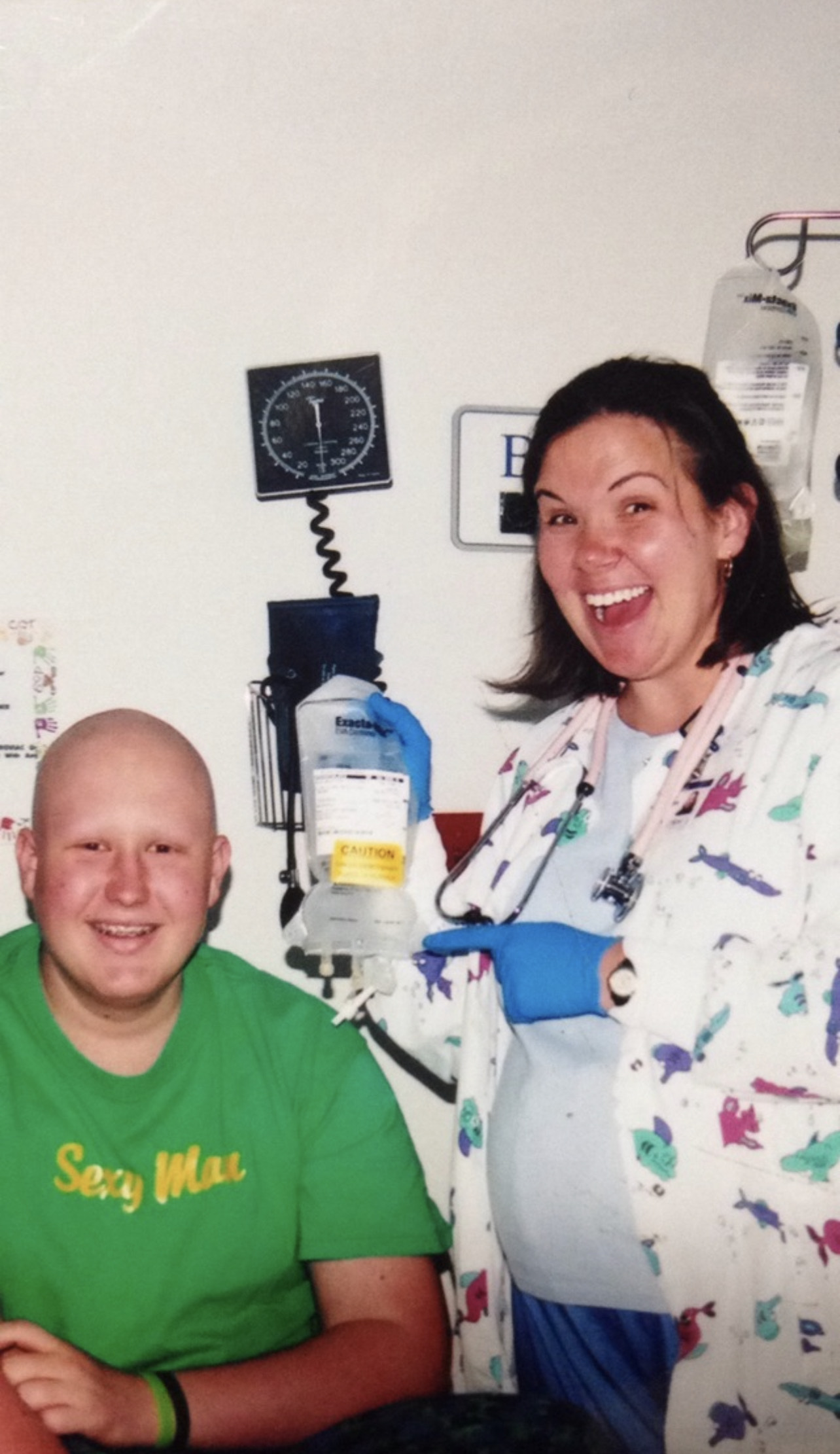
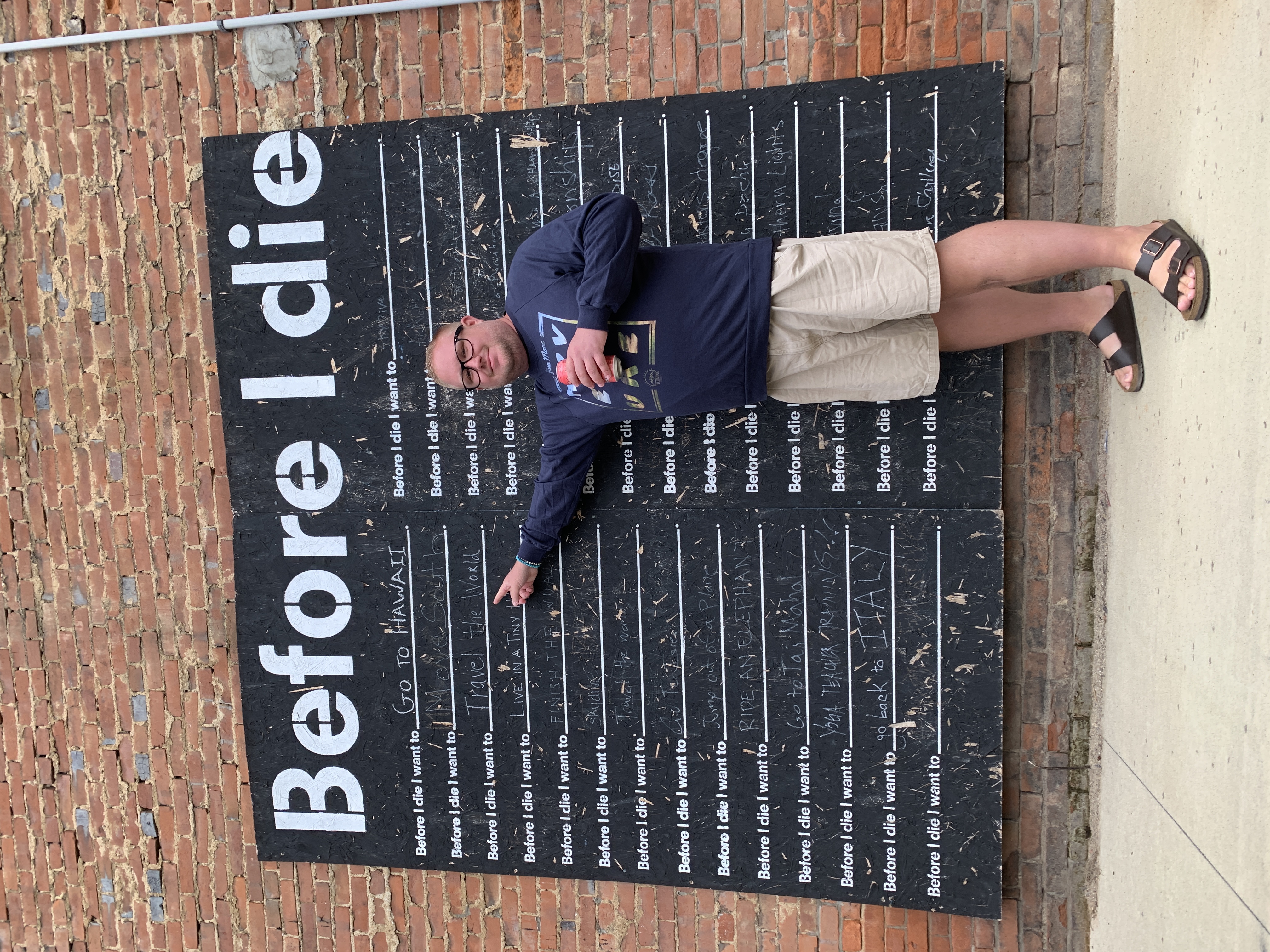
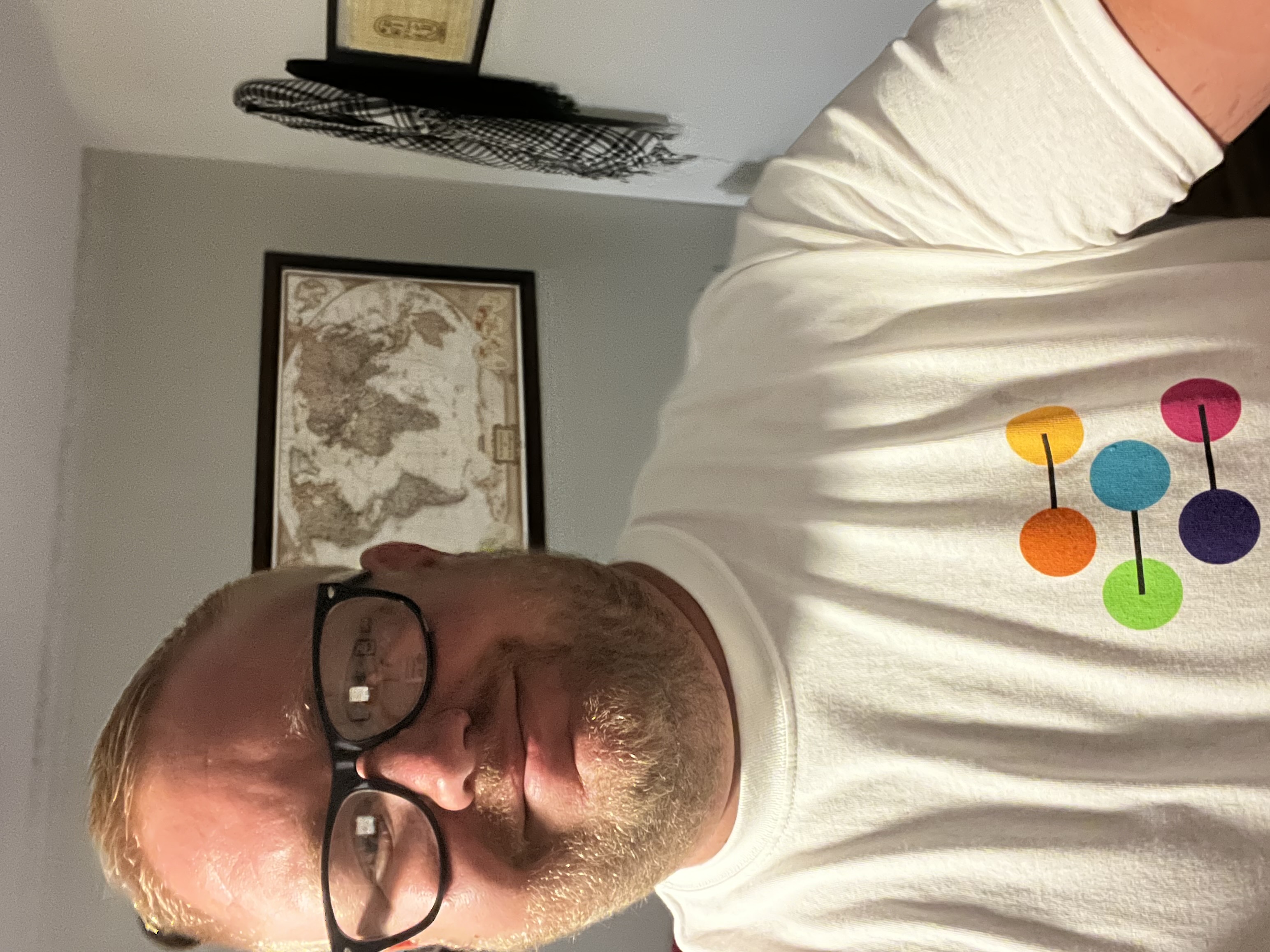
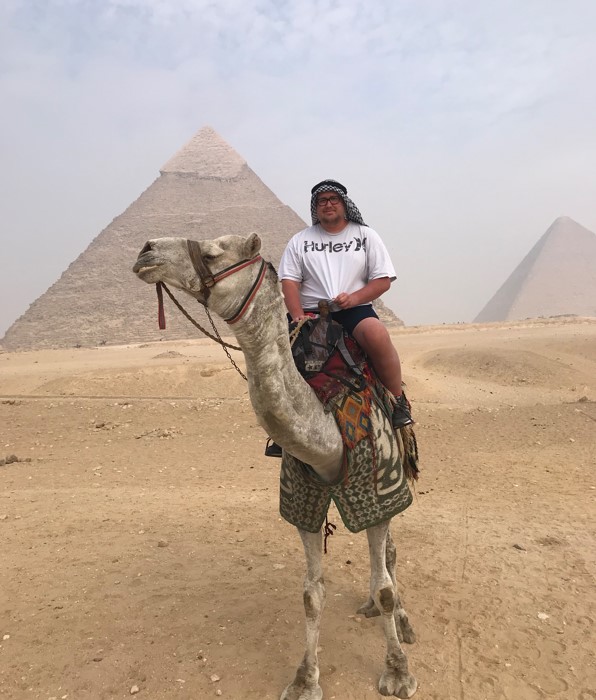
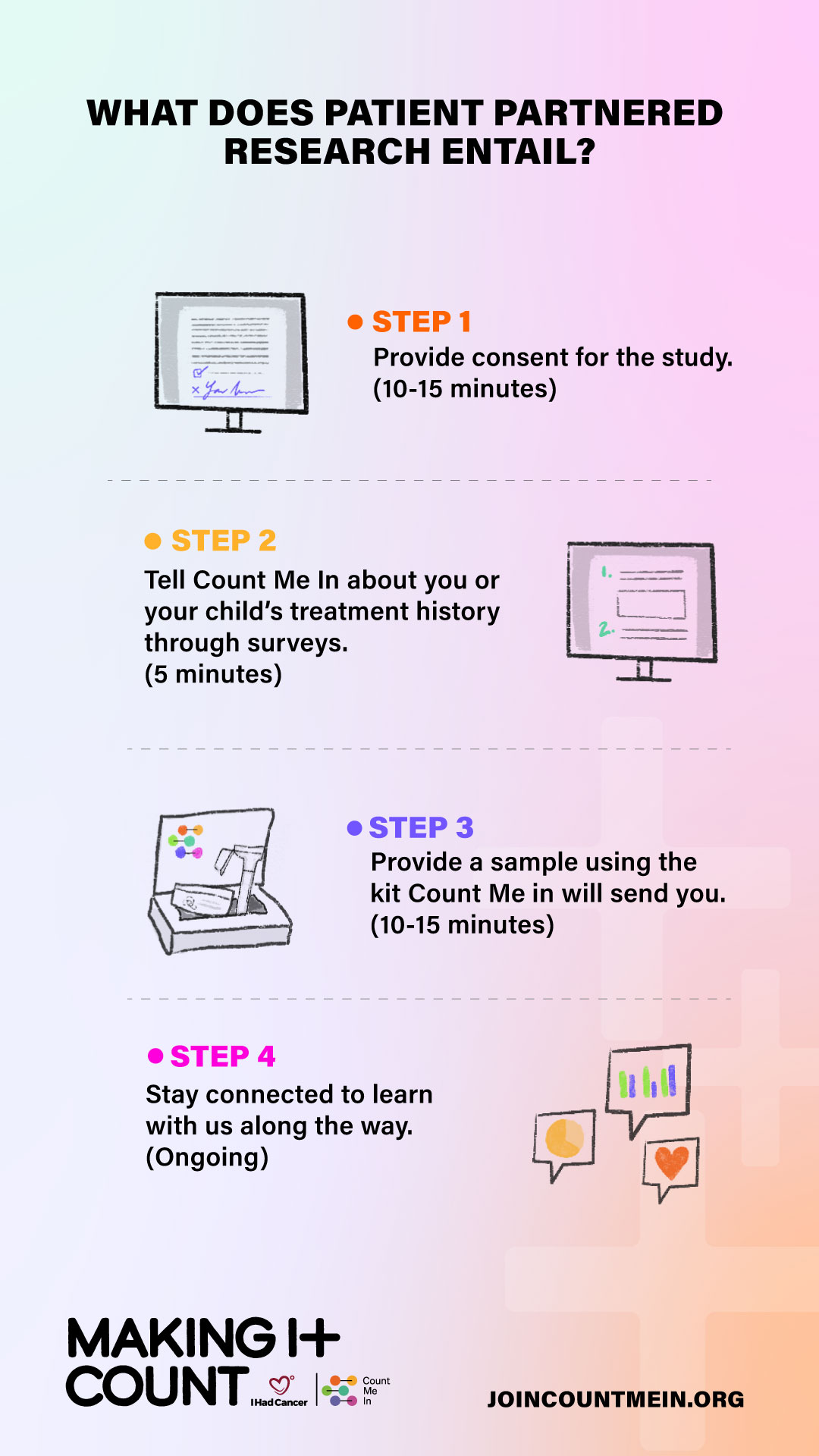






This was written by a Guest Writer for IHadCancer.